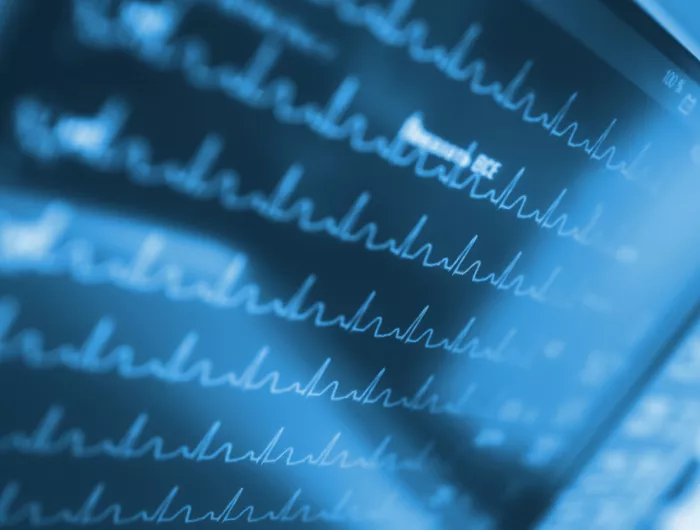What to know about fending off AFib

sudok1/stock.adobe.com.
“The incidence of atrial fibrillation is increasing worldwide,” Christine Albert, chair of the department of cardiology at Cedars-Sinai Medical Center in Los Angeles, told the International Society for Telemedicine & eHealth last year.
What is AFib?
Atrial fibrillation—aka AFib or AF—is an irregular heartbeat (arrhythmia) in the upper chambers (atria) of the heart.
In AFib, random irregular electrical signals cause the atria to quiver. So some of the blood stays behind in the atria, which makes the blood more likely to clot.
AFib can cause rapid, fluttering, or pounding heartbeats, lightheadedness, extreme fatigue, shortness of breath, chest pain...or no symptoms at all.

“We really do need to focus on prevention,” explained Albert, because once you have AFib, your chances of other problems rise.
The clearest risk: a clot can travel to the brain, where it blocks an artery, causing a stroke.
There is a “four-to-five-fold increased risk of stroke associated with atrial fibrillation,” explained Albert, who is also past-president of the Heart Rhythm Society. And that’s not all.
People with AFib also have an increased risk of heart failure and heart attack. And “there’s probably increased risk of dementia,” noted Albert.
Doctors can treat atrial fibrillation with anti-coagulant drugs that prevent blood clots and drugs that control the heart’s rate or rhythm. But preventing AFib would be better.
Preventing AFib
“Blood pressure, weight, sedentary lifestyle, alcohol, smoking, diabetes, and perhaps sleep apnea are all related to the development of atrial fibrillation,” said Albert. “It’s estimated that about 50 to 60 percent of AF risk could be accounted for by these AF risk factors.”
High blood pressure and excess weight may matter the most.
“There are data from our group and also from others suggesting that even 130 to 139 systolic blood pressures are associated with elevated risks of AF,” noted Albert. So treating high blood pressure may prevent atrial fibrillation.
While people with excess weight have a higher risk, those who exercise have a lowerrisk than others of the same weight.
And in clinical trials, “patients who lost a significant amount of weight had a reduction in both their symptom burden [and] symptom severity,” said Albert.
What else might—or might not—trigger AFib?
Alcohol
When researchers randomly assigned people with AFib who drank at least ten servings of alcohol a week to either continue as is or drink no alcohol for six months, AFib occurred in 73 percent of the drinkers but only 53 percent of the abstainers.
“If you abstain from alcohol, you are going to have less atrial fibrillation,” said Albert, “although it’s a very hard thing to ask our patients to do.”
Fish oil
When Albert’s team reviewed seven trials on roughly 81,000 people, those who were randomly assigned to take fish oil (1,000 to 4,000 milligrams a day) for an average of five years had a greater risk of AFib than those who took a placebo.
But no increased risk appeared in the largest of the trials, on healthy people who got only 1,000 mg a day.
“The risk of developing atrial fibrillation appears to be relatively small for those taking one gram or less of fish oil per day,” said Albert when the review of seven trials was released.
“Taking more than one gram of fish oil per day is something you should only do following your doctor’s advice.” (One gram is 1,000 milligrams.)
Coffee
Coffee drinkers have no higher risk of being diagnosed with AFib than people who drink none. And there’s no solid evidence that avoiding caffeine curbs irregular heartbeats in people who have AFib.
Just don’t assume that the sky’s the limit. More than 400 mg of caffeine in one day—a venti (20 oz.) coffee at Starbucks or two regular-strength 5-hour Energy shots will get you there—can cause an abnormally fast (non-AFib) heartbeat. In sensitive people, the abnormal heartbeat can occur after even less.

